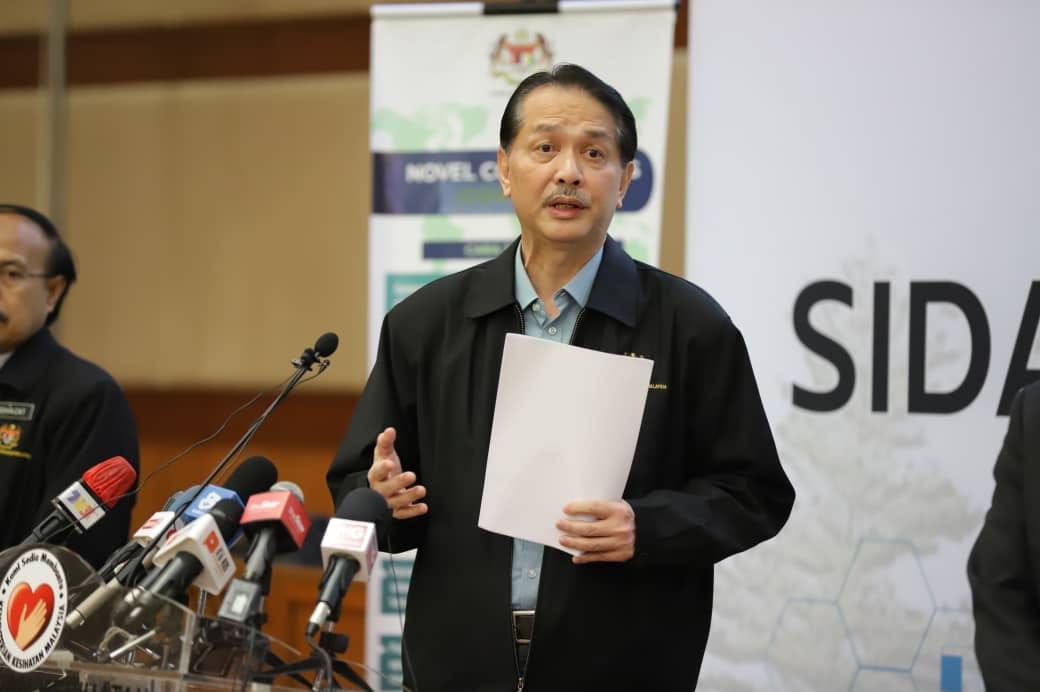KUALA LUMPUR, April 7 — Antimalarial medicine hydroxychloroquine may have helped prevent early Covid-19 patients from deteriorating into conditions that require intensive care or ventilator support, health authorities said.
Health director-general Dr Noor Hisham Abdullah said the Ministry of Health (MOH) has been using hydroxychloroquine, which has anti-inflammatory properties, since the coronavirus outbreak began in Malaysia.
“We monitor the side effects, but the impact we see is on Categories 1 and 2, when they did not deteriorate into Categories 4 and 5,” Dr Noor HIsham told a press conference.
“So, we feel that the medicine can help in terms of inflammation. So, fewer of our patients now enter ICU (intensive care unit) or need ventilator support. If you look now, only 5 per cent enter ICU, compared to 10 per cent in other countries.”
About 30 per cent of Covid-19 patients under ICU in Malaysia have recovered, he said, while 6.2 per cent of ICU patients succumb to coronavirus.
According to the DG, the first stage of Covid-19 is testing positive without symptoms; the second stage shows mild symptoms; the third stage has pneumonia, but doesn’t need oxygen; the fourth stage has pneumonia and needs oxygen; while the fifth stage needs ventilator support.
A whopping 88 per cent of Malaysia’s coronavirus cases are in the first two early stages, 7 per cent in the third stage, and 5 per cent in the two most severe stages. Malaysia has confirmed nearly 4,000 Covid-19 cases to date, including 63 fatalities.
Malaysia has joined the World Health Organization’s (WHO) global Solidarity Trial to test four treatment protocols for Covid-19 using different combinations of remdesivir, lopinavir/ritonavir, interferon beta, chloroquine and hydroxychloroquine.








